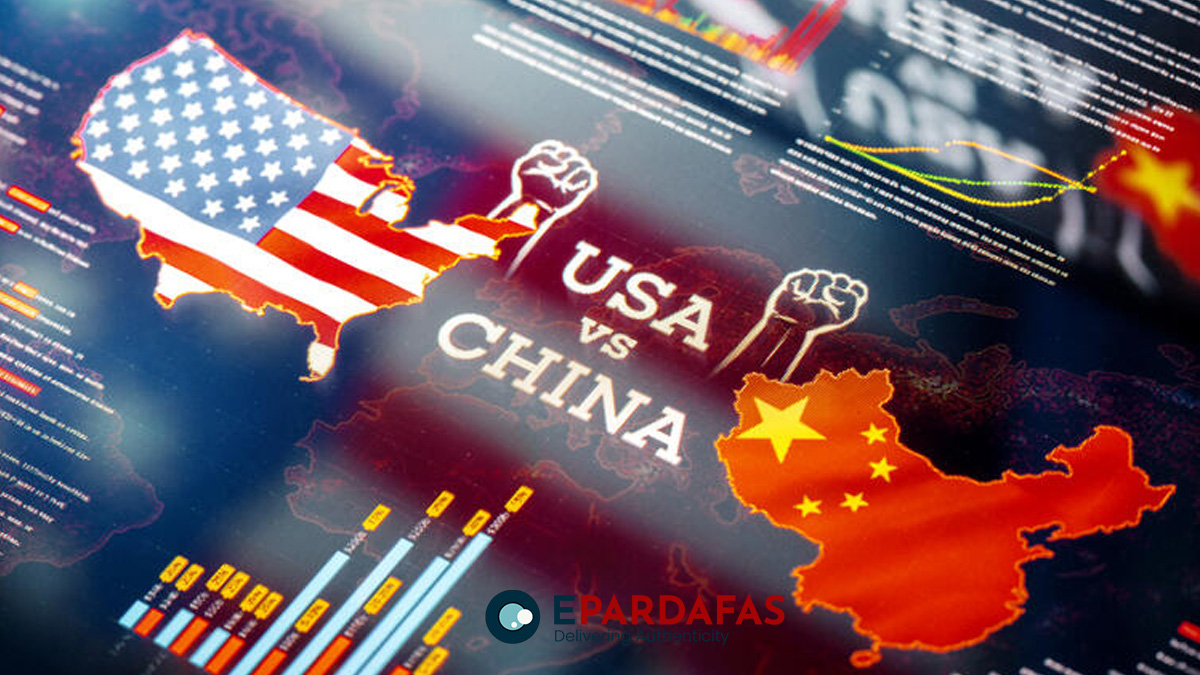
U.S. Commerce Department to Propose Ban on Chinese Software and Hardware in Autonomous Vehicles

In a significant move aimed at bolstering national security, the U.S. Commerce Department is expected to propose prohibiting Chinese software and hardware in connected and autonomous vehicles on American roads. The proposal, set to be announced on Monday, is part of the Biden administration’s growing concern over data collection by Chinese companies and the potential foreign manipulation of U.S. vehicles.
According to two sources familiar with the matter, the new regulation would specifically target vehicles equipped with key communication systems or automated driving technology developed by Chinese companies. This proposal marks a major escalation in the United States’ ongoing efforts to restrict Chinese influence in critical sectors like transportation and technology. The concerns stem from fears that Chinese technology in connected vehicles could be used to collect sensitive data on U.S. drivers and infrastructure, as well as potentially control or disable vehicles remotely.
National Security Concerns Over Connected Vehicles
The Biden administration has increasingly raised alarms about the security risks posed by Chinese companies in the automotive industry, particularly those involved in autonomous and connected vehicle technologies. Many modern vehicles are equipped with advanced communication systems, navigation tools, and internet connectivity that make them vulnerable to hacking or foreign manipulation.
Commerce Secretary Gina Raimondo expressed her concerns earlier this year, underscoring the dangers of Chinese software and hardware in U.S. vehicles. “You can imagine the most catastrophic outcome theoretically if you had a couple million cars on the road and the software were disabled,” she said in May.
In February, President Joe Biden ordered a thorough investigation into the potential national security risks posed by Chinese vehicle imports. The investigation focused on whether foreign-made software and hardware should be banned from all vehicles operating in the U.S. due to their potential threat to infrastructure and personal data.
Proposed Timelines and Scope of the Ban
Under the new proposal, the ban on Chinese software in connected vehicles could take effect as early as the 2027 model year, with the hardware ban following in January 2029 or by the 2030 model year. The restrictions are expected to apply to vehicles equipped with specific Bluetooth, satellite, and wireless technologies, as well as highly autonomous vehicles capable of operating without a driver.
While the ban is aimed primarily at Chinese automakers, the regulations will also extend to other foreign adversaries of the United States, including Russia, according to the sources. The decision comes on the heels of increasing scrutiny from U.S. lawmakers regarding foreign companies, particularly Chinese firms, collecting and managing sensitive data through autonomous vehicle testing on American soil.
Industry Pushback and Challenges Ahead
The new rules are likely to face pushback from automakers, who warn that implementing the proposed changes will be a lengthy and challenging process. Major car manufacturers, including General Motors, Toyota, Volkswagen, and Hyundai, have voiced concerns about the difficulty of replacing complex software and hardware systems, which often undergo rigorous testing and validation processes before being installed in vehicles. In response, a trade group representing these companies has cautioned that swapping out such systems could disrupt production schedules and increase costs.
The sources also noted that while Chinese light-duty vehicles are not widely imported into the U.S., the proposed rule aims to safeguard the supply chain for all connected vehicles in the country. The White House gave its final approval for the proposal last Thursday, with a government website noting that the rule is focused on ensuring the security of connected vehicles in the U.S. market.
The Escalation of U.S.-China Tech Tensions
The proposed restrictions on Chinese software and hardware in autonomous vehicles are the latest development in a broader trade conflict between the U.S. and China. Over the past several years, the Biden administration has imposed steep tariffs on a range of Chinese goods, including a recent 100% duty on electric vehicles (EVs), EV batteries, and key minerals critical to vehicle production.
The new vehicle restrictions reflect the administration’s focus on curbing Chinese influence in critical technological sectors, particularly as U.S. automakers increasingly adopt connected car technologies. President Biden has likened today’s vehicles to “smartphones on wheels,” highlighting the fact that modern cars are intricately connected to navigation systems, communication networks, and critical infrastructure. With the rise of autonomous vehicles and increasing reliance on data-driven systems, the security risks associated with foreign technology have become a top priority for the administration.
Moving Forward
The U.S. government has made it clear that protecting the security of its connected vehicle infrastructure is essential, particularly as cars become more integrated with digital systems. While the proposed ban is aimed at safeguarding national security, it also underscores the broader tensions between the U.S. and China over trade, technology, and data privacy.
The Commerce Department’s proposal is expected to move forward with significant regulatory review and public comment. If adopted, the ban will mark a major shift in how the U.S. approaches foreign-made technology in its critical sectors, signaling a continued effort to reduce dependence on Chinese imports while bolstering domestic innovation in autonomous and connected vehicles.












Comments